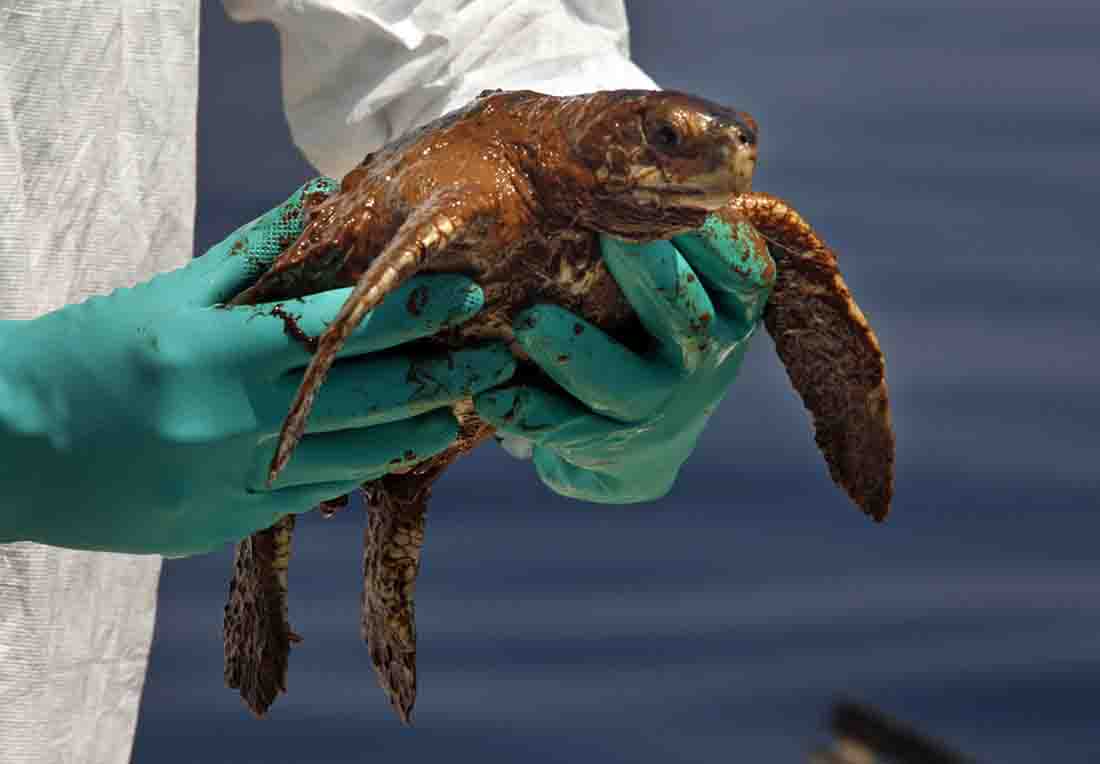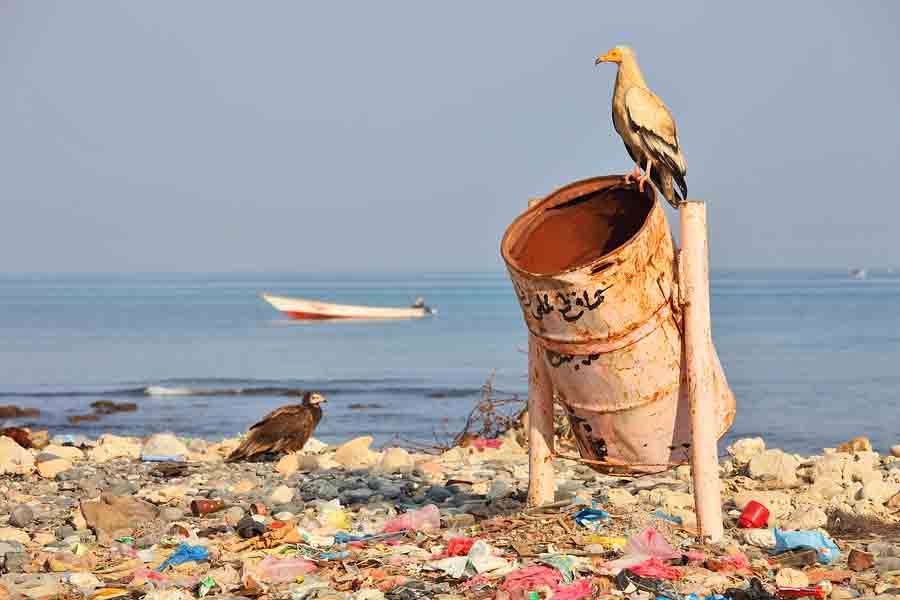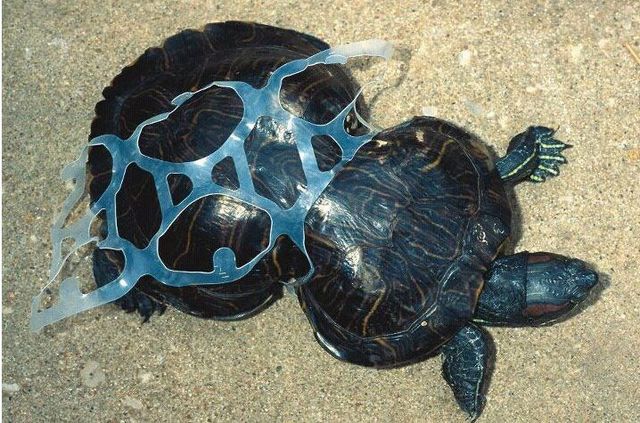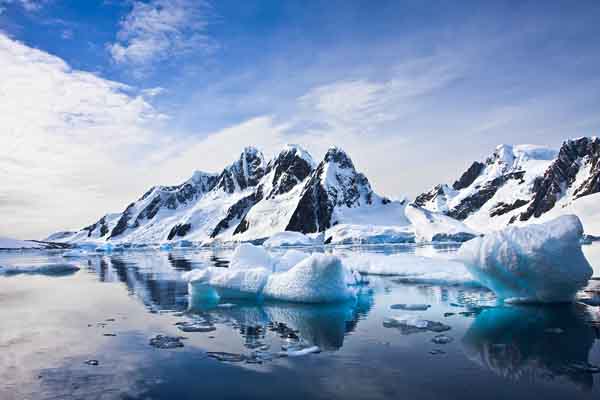The Arenas
WorldOpt Institute is dedicated to a scientific, objective exploration of the multiplicity of factors and influences in our world of today, in order to better chart a course toward human and ecological sustainability and quality of life, by optimizing the mix of these factors and enhancing each factor to the highest possible degree. Our planet, however, cannot comfortably await such an ambitious analysis, being likely to crash and burn unless cooperative consortia of individuals and organizations continue their efforts and enhance their many good works intended to ameliorate the collective damage for which the human race is very irresponsibly responsible.We have initially identified several broad areas of the environment and of human action that cry out for attention; areas which cover quite a broad spectrum of the world’s problems. These areas of course overlap and interplay, and this is not an exhaustive list.
Transparency and Accountability.
Generally speaking, if individuals, companies and governments conducted their affairs honestly and openly, and with not only good intent but also with an eye towards effective results, many of our problems would be solved. Money and  resources would go where they are intended and needed.
resources would go where they are intended and needed.
Economic and Financial.
This area of human endeavor requires social stability and the rule of reasonable law in order to function dependably and well. Some regulation and guidance seem both appropriate and necessary (and many of these are quite controversial in nature); but an economy is more a kind of ecology than it is a mechanical system capable of full regulation, and therefore the economy requires a certain scope to generate processes of its own—educated and responsible, but with significant independence. Financial institutions will contribute constructively to the economy only if they are transparent and accountable.
World Peace and Conflict Resolution.
As a famousU.S. general and later President, Dwight D. Eisenhower, pointed out in his “iron cross” speech, the manufacture of weapons of war subtracts from the peacetime economy, and the use of these weapons destroys lives and property, all to the detriment of our societies. Means to avoid conflict should be exhaustively studied.
Ethics and Human Rights.
The Dalai Lama, in his latest book, “Beyond Religion: Ethics for a Whole World”, says, “Any religion-based answer to the problem of our neglect of inner
 values can never be universal, and so will be inadequate. What we need today is an approach to ethics which makes no recourse to religion and can be equally acceptable to those with faith and those without: a secular ethics,” (He is by no means “denouncing faith,” in this statement.) Ethics, based on respect and a sense of fair play, is important to underpin what are commonly considered to be “human rights”, every one of which is violated somewhere every day.
values can never be universal, and so will be inadequate. What we need today is an approach to ethics which makes no recourse to religion and can be equally acceptable to those with faith and those without: a secular ethics,” (He is by no means “denouncing faith,” in this statement.) Ethics, based on respect and a sense of fair play, is important to underpin what are commonly considered to be “human rights”, every one of which is violated somewhere every day.
Climate and Biodiversity.
Humanity struggles here to agree upon an appropriate balance between human activity and its consequences to the planet’s health. Much is known, such as the contribution of higher airborne carbon dioxide levels to ocean acidity and the crashing of ocean biodiversity. And there are the many obvious ways in which we pollute and pillage our world, and commit various forms of genocide on our animal and plant cohabitants.
Education and Social Sustainability.
We cannot do better in this world if we do not properly care for and educate our citizens, particularly our children who will inherit the consequences of our collective actions. A comprehensive education in human nature and human possibility seems a requirement for progress. For optimization to occur in sustainability, our growing citizens need to dev elop compassion and a moral compass, and need to understand the nature of slippery moral slopes and the requirement for the most impeccable ethics and respect of others that they can possibly nurture. Social sustainability will develop on the strong shoulders of responsible and aware world citizens, networking together in various levels of organization. Let’s not forget that “it takes a village to raise a child” best.
elop compassion and a moral compass, and need to understand the nature of slippery moral slopes and the requirement for the most impeccable ethics and respect of others that they can possibly nurture. Social sustainability will develop on the strong shoulders of responsible and aware world citizens, networking together in various levels of organization. Let’s not forget that “it takes a village to raise a child” best.
Resources and Agriculture.
A complex civilization must clearly extract and process raw materials, to house, clothe, and feed its population. Much is known about how to perform these functions safely, sustainably, and organically; but we are not executing on this knowledge. Means to avoid conflict should be exhaustively studied.
 WorldOpt Institute
WorldOpt Institute













